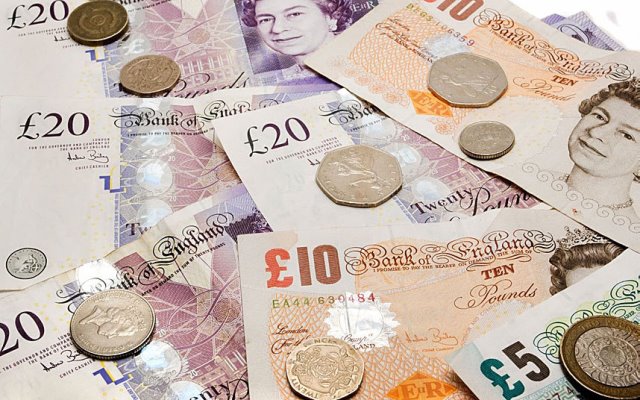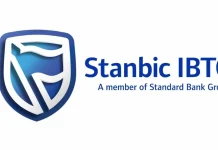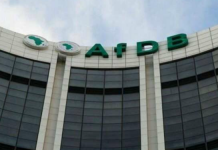Sterling held near a one-week low on Wednesday before a Bank of England policy meeting that is widely expected to raise interest rates for the second time since the global financial crisis.
Bond markets have priced in a quarter-point increase, but any dovish comments from policymakers could cause sterling to drop, and that possibility checked appetite for the pound.
“Markets are broadly primed for a dovish hike from the BOE, and if that is the case we could see sterling being sold into any post-hike rallies,” said Manuel Oliveri, a currency strategist at Credit Agricole in London.
The pound was a shade weaker at $1.3117, not far from last Tuesday’ $1.3072.
A lift in British bond yields in early London trading, thanks to a selloff in the Japanese bond markets that has rippled over to the global market, also failed to boost the British currency.
Risk appetite in markets was muted amid concern that trade tension between the United States and its trading partners was set to escalate, after reports that the United States plans to propose higher tariffs on $200 billion in Chinese imports.
The pound was flat against the yen and the Swiss franc, barometers of risk appetite.
Recent data in Britain pointed to an economy that was recovering from a slowdown in the first quarter but still struggling. Wage growth was weaker than expected given low unemployment and limited domestic inflationary pressures.
In this week’s economic data, July’s manufacturing purchasing managers’ index, due at 0930 GMT, is the most important for markets. Expectations are for little change.













